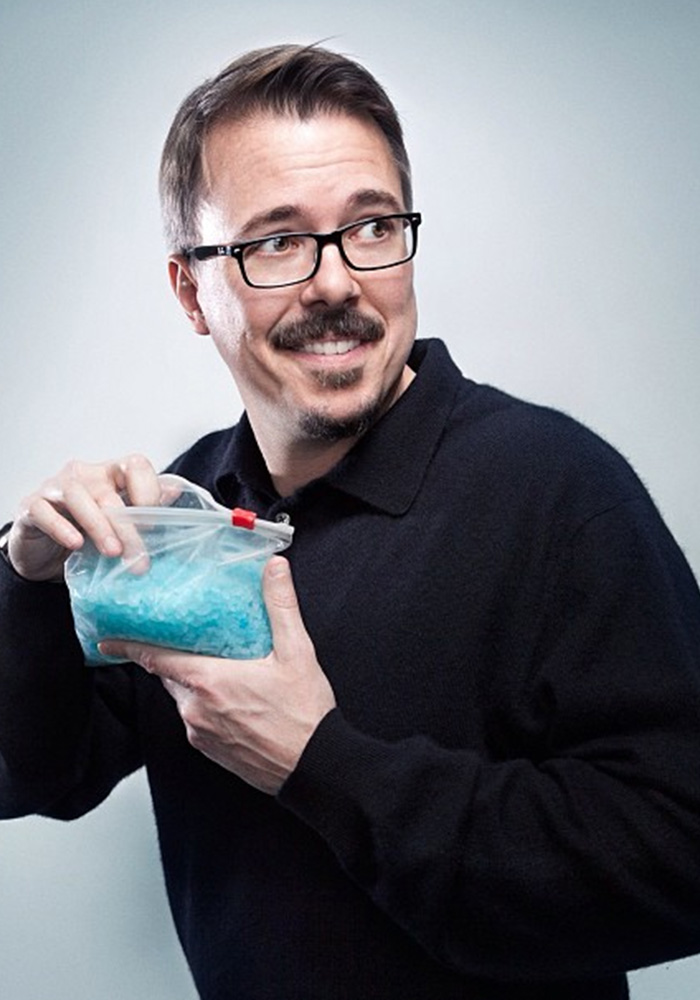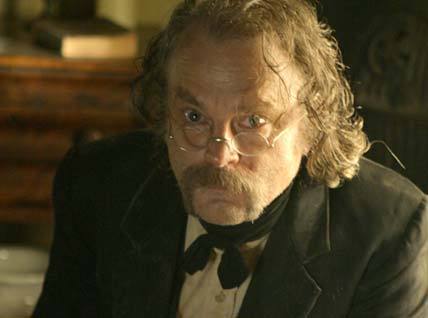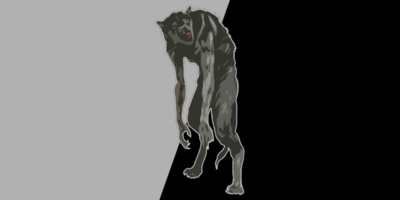I’d like to never use the word “nostalgia” again, yet it’s basically all I write about. I bitch and moan endlessly about an emotion that’s become a necessary component of most major movies and TV shows. Stories that could potentially stand on their own get plopped into the booster seat of previous IP to ensure maximum profits. On top of that, we now have a cornucopia of half-assed series that bank on being just passable enough to not offend the people who are more or less programmed to love it. Nostalgia is so often a substitute for actual substance that I’m genuinely nervous about the upcoming BREAKING BAD revival/spin-off/victory lap film, El CAMINO.
Hot take alert! I liked BREAKING BAD. I thought it was good. I liked it for all the same reasons you probably liked it. It’s a show so universally liked that wasting words on describing why it’s good is tantamount to literary masturbation. So I’m not gonna bother. But in spite of its absurd clout levels, I’m not certain that El CAMINO can add anything to a series with a famously fantastic ending, and the scene of Jesse riding off to vaguely better pastures was comfortably satisfying. But it’s not impossible for writer/director Vincey Gills to be the rare exception that uses the power of nostalgia for good.

Sweet, sweet Vincey Gills
We’ve had two other nostalgic, “one last ride” TV movies happen in the past few months: DEADWOOD: THE MOVIE and INVADER ZIM: ENTER THE FLORPUS. While neither series ever reached the popularity of BREAKING BAD, they fit the same mold of TV movies that celebrate a beloved series and tie up, or at least re-examine, narrative loose ends. These two seemingly different series from a seemingly distant era lay out the two possible paths that El CAMINO: A BREAKING BAD MOVIE can take.
A violent period piece about cowboys and an animated sci-fi kids’ show about aliens don’t sound like they’d be similar, but their production arcs are perfect parallels. Both were picked up in the early aughts as part of an effort by their networks to introduce darker, more challenging content. They enjoyed a brief spark of popularity that sadly lost its luster after two seasons. Subpar ratings joined forces with the accursed financial burdens of producing excellent television to hand both ZIM and DEADWOOD a premature and unexpected cancellation in August of 2006, within 10 days of each other. Their plots left as severed arteries to bleed out on writing room floors, it seemed as though DEADWOOD and ZIM fans alike would be given no closure but the depraved fantasies of fanfic writers.

Leave Doc alone, you sick bastards!
But then streaming happened. Millennials grew up. Nostalgia became the dominant cultural emotion as we craved a return to childish naivete in the face of economic and ecological collapse. We still haven’t managed to do anything about those things, but we have delivered on a different, more important issue: the narrative closure of cancelled TV shows. The spirits of DEADWOOD and ZIM can rest easy now that they’ve finally been ended rightly. But all finale films are not created equal, and one of these series gets a far more satisfying end.
DEADWOOD: THE MOVIE left me writhing. The unfettered joy of seeing my old friends rock the spurs one last time collided in my brain with the gnashing sense that despite a concerted effort to appear otherwise, nothing really happened. Al and Charlie die, Hearst is beaten, and Trixie gives birth, but did any of it fucking matter? The premise of DEADWOOD, to paraphrase series creator David Milch, was to demonstrate how the civilization of Deadwood transformed from an anarchic bedlam to a township of rigid order. It’s a study of not just the birth of the American nation, but the birth of human society. DEADWOOD: THE MOVIE doesn’t demonstrate or explain the transition from anarchy to society, but instead walks their cast through a repeat of the third season’s plot with a historically accurate coat of paint. With the notable exception of Jane and Joanie’s forbidden love, all of season three’s loose ends remained untied at the end of these two hours. I got some brief flashes of the show I loved—Al talked some shit, Seth mounted and punched a dude, Mister Wu appeared onscreen—but I can’t say that the DEADWOOD canon is better off with this movie in it.
Maybe nostalgia is its own reward, then. Why am I ruining a beloved series for myself when I could instead allow the hype to consume me and just be happy that the gang got back together one last time? Instead of harping on the rusty bits, I should appreciate that this movie even happened at all. Getting that cast together to shoot was no easy task, and almost all of the talent could have spent this time doing something more lucrative. At least they tried to send us off right, and they did as good a job as anyone could do.
Then, two months later, ENTER THE FLORPUS. My prior memories of INVADER ZIM were part of a hazy cartoon slurry that formed when I was six. I also rewatched a few during its mild resurgence a few years later, which I think was due to everyone wearing those GIR hoodies. I thought it was a whimsical, clever way to introduce children to basic misanthropy and cynicism. But for whatever reason, it didn’t quite stick with me. Well, not enough to buy a GIR hoodie, anyway.

Remember these? Wasn’t this just the best time in all of our lives?
So when the blessed Netflix algorithm willed FLORPUS to enter my purview, I didn’t think I was in for much more than a pleasantly-killed hour. Instead, I received a masterclass in nostalgia and how to end a story. From the first glimpse of Chair Dib until the Tallest enter the Florpus, ENTER THE FLORPUS fucking slaps. Beyond expertly delivering the callback jokes and iconic quotes required of a TV movie, Jhonen Vasquez achieved something that’s rarely seen in standard series finales, much less movie finales done decades after the original run: definitive closure. Every last drop of joy has been wrung from the INVADER ZIM universe (at least on TV), so I’m doubly happy knowing that they left it all on the field. No half-baked good-byes, no craving for more content, no loose ends. Just a pug launched into space to prove that nothing means anything so you deserve to feel good.
If EL CAMINO takes the FLORPUS path, then that’s fine. I’m happy taking another fat rip of high-grade nostalgia. But if it takes the DEADWOOD path, we’ll bear witness to another symptom of our broken national psyche. Worst case scenario, EL CAMINO is a loose collection of Jesse long stares, Pete/Badger antics, and a flashback or two of Walt being a psycho. That kind of cynical cash grab would signal to me that, culturally, relishing in the past has become more important than living in the present or planning for the future.
EL CAMINO will be viewed by more people than DEADWOOD and FLORPUS combined. It will have no tangible impact on the world, or even be remembered next week. But it’s a snapshot. An indicator that culturally, we’re either capable of giving, receiving, and processing closure in media or we’re not. That closure fundamentally decides whether we move on to bold, new artistic ventures, or if we just play the hits.
















Comments